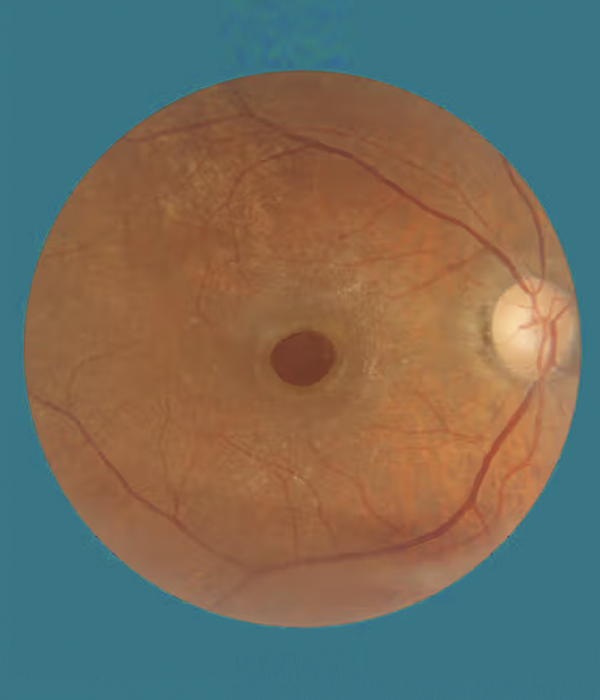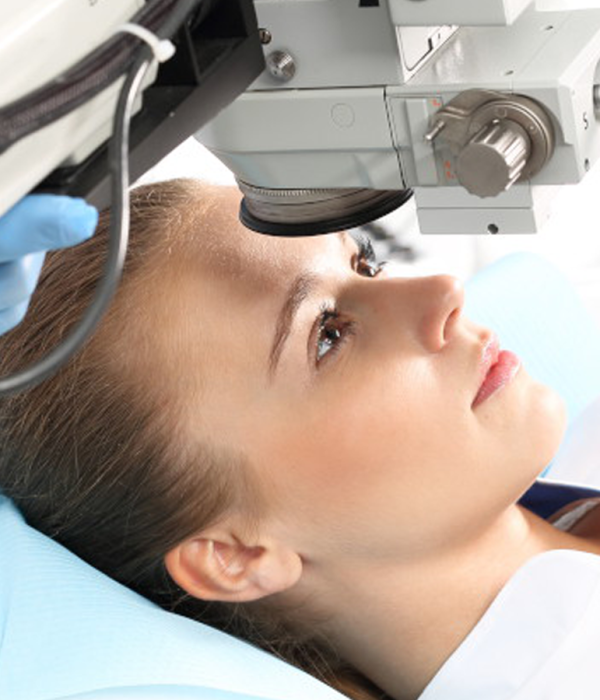Macular hole
Home / Retina / Macular hole
Macular hole
Macular hole is when a circular opening forms in your macula. As the hole forms, things in your central vision will look blurry, wavy or distorted. As the hole grows, a dark or blind spot appears in your central vision. A macular hole does not affect your peripheral (side) vision.
What causes a Macular hole ?
Age is the most common cause of macular hole. As you get older, the vitreous begins to shrink and pull away from the retina. Usually the vitreous pulls away with no problems. But sometimes the vitreous can stick to the retina. This causes the macula to stretch and a hole to form.
Sometimes a macular hole can form when the macula swells from other eye disease. Or it can be caused by an eye injury.


How will my eye doctor check for a macular hole?
Your eye doctor will check for a macular hole by doing a test called an optical coherence tomography (OCT). This is a painless test that uses light waves to take detailed pictures of your retina.
Before the test, your doctor may give you some eye drops to dilate (widen) your pupil.
What’s the treatment for a macular hole?
If a macular hole is affecting your vision, you’ll probably need a type of surgery called vitrectomy to fix the hole and prevent permanent vision loss.
During a vitrectomy, the doctor removes the vitreous and some tissues on the surface of the macula and injects a gas bubble into your eye. The bubble is like a temporary bandage that holds the edges of the macular hole together and helps your eye close the hole.
After the surgery, you’ll need to limit your activities and movement for a while. This keeps the bubble in the right place so the macular hole can heal. It can be hard to limit your head movement, so talk to your doctor about how you can best recover from a vitrectomy. You also need to avoid flying or getting nitrous oxide (laughing gas) for any procedures until the bubble is completely gone — these things can affect the pressure in your eye.
Treatment works best when doctors catch macular holes early, so it’s important to talk to your eye doctor right away if you notice symptoms of a macular hole.

